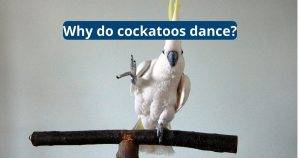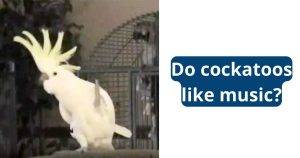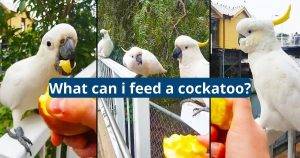How Much Does a Macaw Weight?

Due to habitat loss, predation and indigenous hunting, macaws have an endangered status. Their numbers have decreased, but conservation efforts have been successful in increasing their population. Typically, macaws weigh between 900g and 1.2 kg as adults. They need a varied diet that includes seeds, nuts, fruits and vegetables.
Weight
A fully grown blue and gold macaw can weigh up to 900 grams. As a result, they need a large cage and specific diet to stay healthy. They also need regular attention out of their cage to get exercise and interaction with their owners.
They are incredibly intelligent and can easily bond with humans. They can learn to talk and are able to solve puzzles. This intelligence is why they are highly sought after in the pet trade, despite their fragile habitat.
They typically mate for life and can live up to 60 years. However, the illegal pet trade is threatening their numbers in the wild. WWF supports efforts to phase out importing wild birds as pets and encourages captive breeding instead.
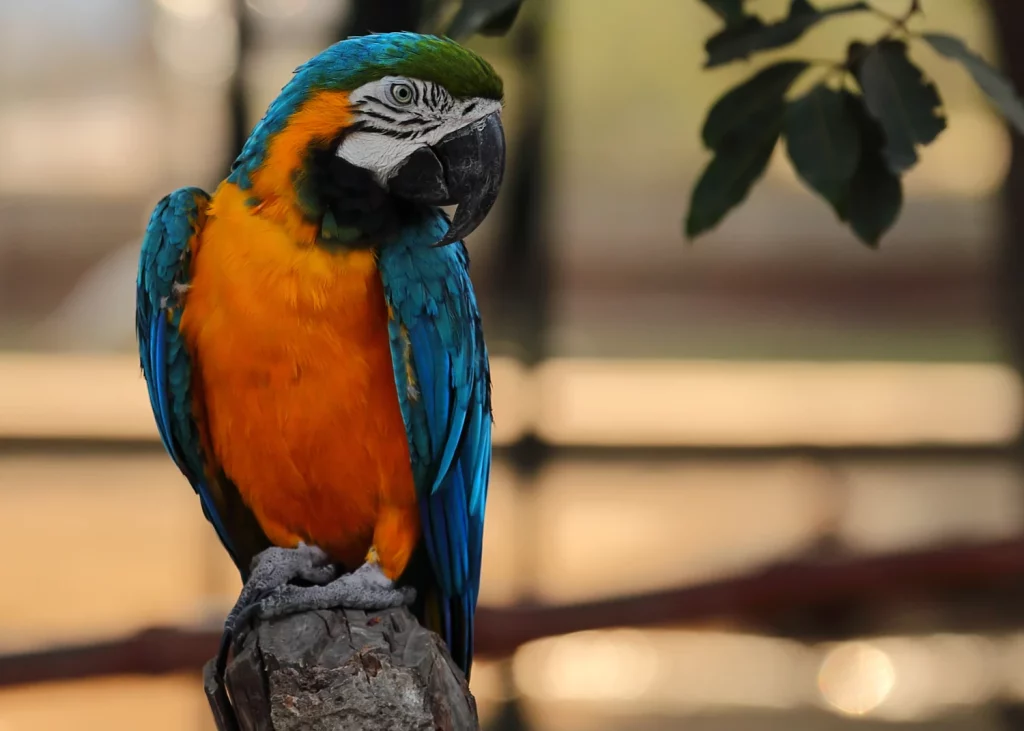
Height
Macaws are the largest parrot species in the world. They can grow up to 3 feet in length and weigh over 2 pounds. They have strong beaks that are perfectly adapted to crack open nuts and seeds. These birds help to regenerate the rain forest by spreading their seeds through their droppings.
In the wild, macaws eat a wide variety of fruits, nuts and seeds, flowers, leaves, and stems. They also consume some plant sap, insects, and snails. They are primarily threatened by habitat destruction, poaching for the pet trade, and other human activities.
If you are thinking about adopting a macaw, you should know that they require specialized care and large cages. They are intelligent and social creatures that need plenty of mental stimulation, physical exercise, and room to fly freely. They can live for up to 60 years in captivity.
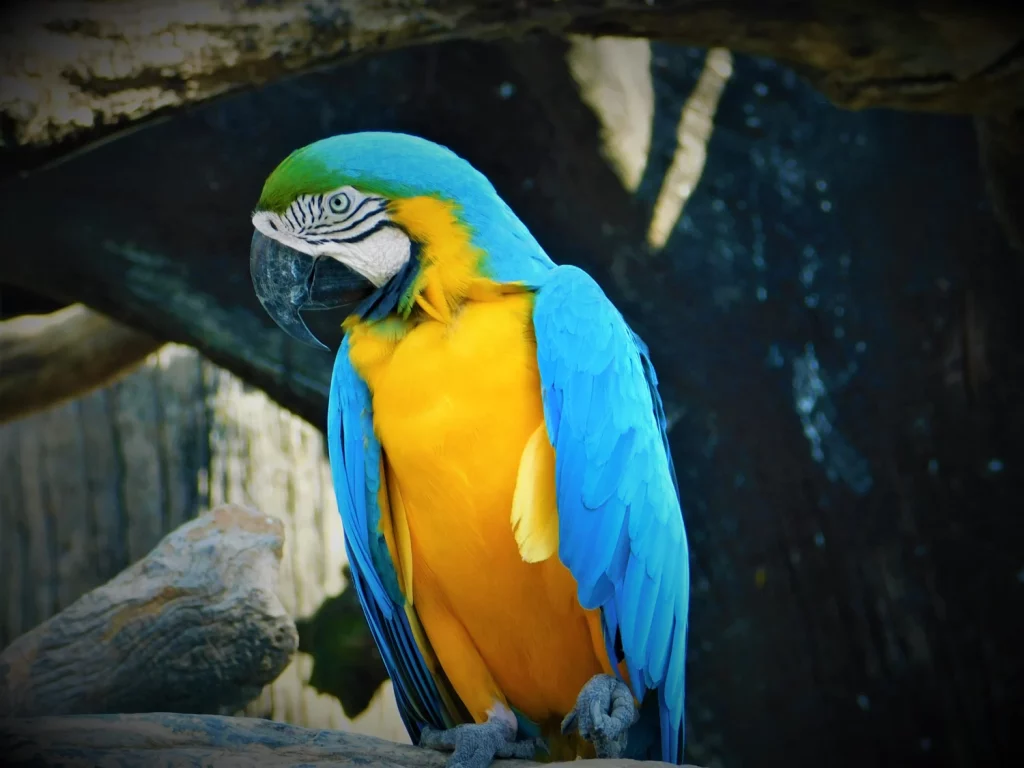
Feeding
Macaws are very routine-oriented, so establishing a consistent daily feeding schedule will help your bird eat more regularly. It is recommended to offer healthy foods at two separate times throughout the day. Having more than one food option will also help to encourage your macaw to try new foods. However, be careful not to allow your macaw to become too fond of a particular food because it could result in nutritional deficiencies.
In the wild, macaws eat a wide variety of seeds, nuts, pelleted foods, fruits, and vegetables. The best way to keep your macaw healthy is to feed them a diet that is high in protein, vitamins, minerals, and fats. You should also make sure to provide fresh water and clean cages and feeders on a regular basis. Moreover, you should give your macaw plenty of time to play and exercise on a daily basis. This will also help them maintain a healthy weight.
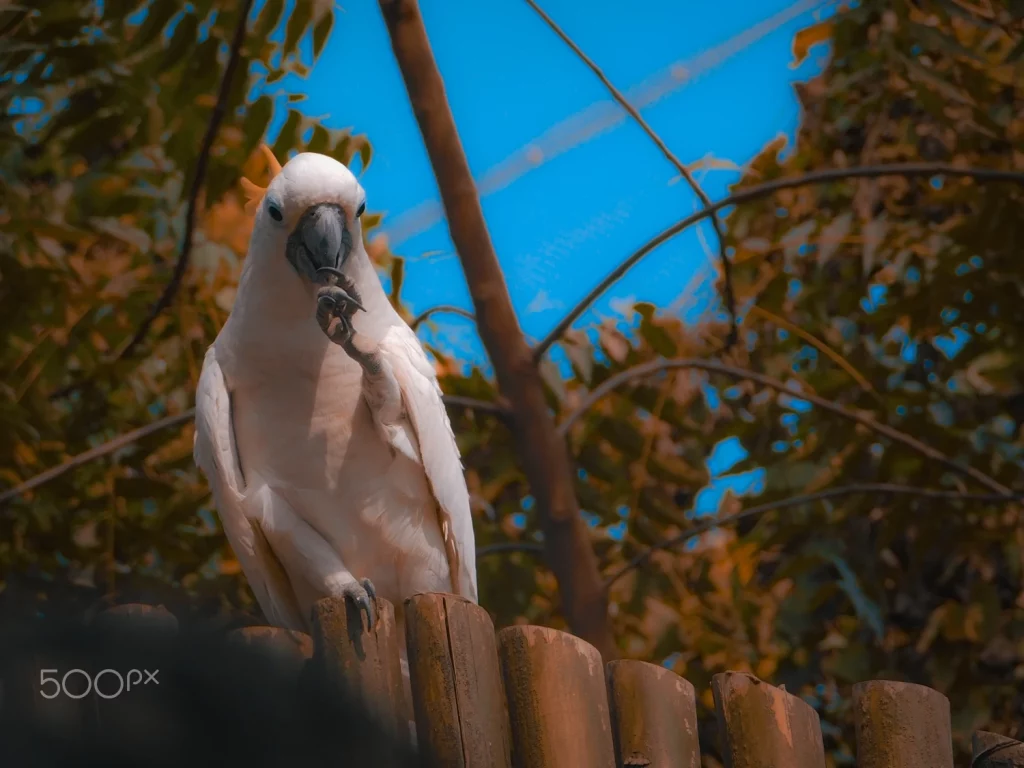
Care
Macaws need specialized care, especially when they are babies. Baby macaws need to be hand fed and weighed regularly. You will also need to buy tools such as a scale, an incubator, pipettes, cotton rags for cleaning formula from tiny hands and a safe place to put them after each feeding.
Once your pet is older, it will need a daily serving of parrot mix and a mixture of nuts, seeds, fruits and vegetables. Make sure to clear the cage of any uneaten food before bedtime.
Finally, you will need to spend money on cleaning supplies and replacement of cage liners. A cage lined with a fecal matter-free material will help reduce the amount of waste your bird produces.
Another important expense is routine veterinary checkups. Vaccinations and lab work can be expensive, but routine health exams are vital to your pet’s long-term well-being. Consider purchasing a pet insurance policy to help offset the cost of veterinary care.



